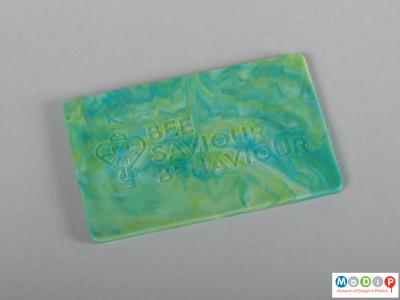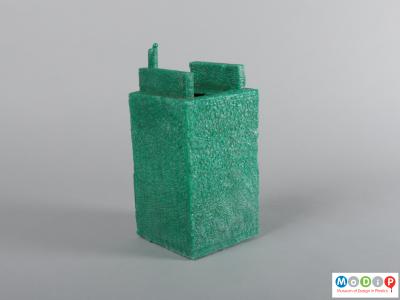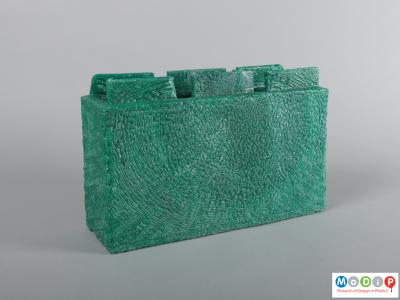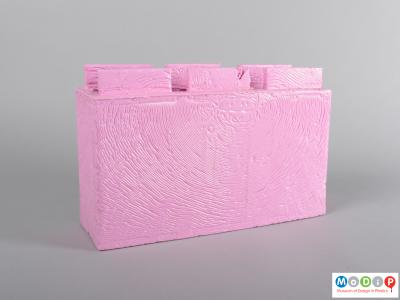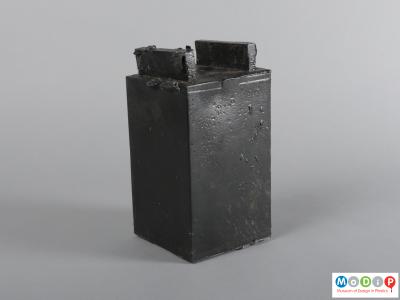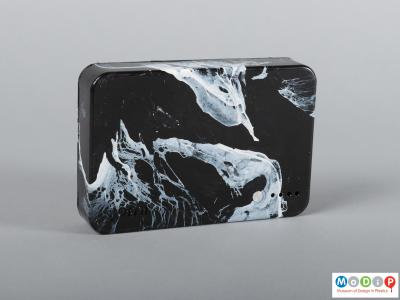UK Government organised plastics recycling has been taking place since 2003 when the Household Waste Recycling Act was first introduced. Since then, the variety of materials being accepted for recycling has continued to grow, as have the volumes being collected, but figures suggest that, as of 2021, only around 44% of the plastics packaging waste we throw away is actually being recycled.
In recent years an increasing number of small businesses have found ways to capitalise on the collection of plastics waste from within their communities in order to create new products. These alternative, local, targeted recycling initiatives help to lower the waste’s overall carbon footprint, ensure higher rates of reuse and often utilise materials not currently being recycled and that would normally end up in landfill or incineration.
Precious Plastic is a global movement which supports low-volume, craft-based businesses in the collection, shredding and recycling of waste plastics and offers open-source machinery and designs. To date, approximately 1000 people, groups and organisations are currently working with the project’s equipment and/or knowledge across the world. Some examples from MoDiP’s collections include: the recycled polypropylene (PP) plant pot (1) made by Relic in Lancaster, who source their material from bottle tops, hangers and broken Tupperware; the Green Bee Saviour Card (2), again made from recycled PP this time from DVD cases collected from charity shops and injection moulded in Norfolk; and the recycled high density polyethylene (HDPE) building bricks (3-7) made by Greenbrick, a Dorset start-up that acquired the moulds for their prototype from the Precious Plastic open-source network.
The casing of the portable charger (8) is made by Gomi from compression moulded, non-recyclable, flexible polyethylene (PE) waste, sourced locally from wholesalers, businesses and households in Brighton from items such as bubble wrap and pallet wrap. The device is powered sustainably by repurposed batteries that would otherwise go to landfill and is easy to disassemble for easy recycling at the end of its useful life.


